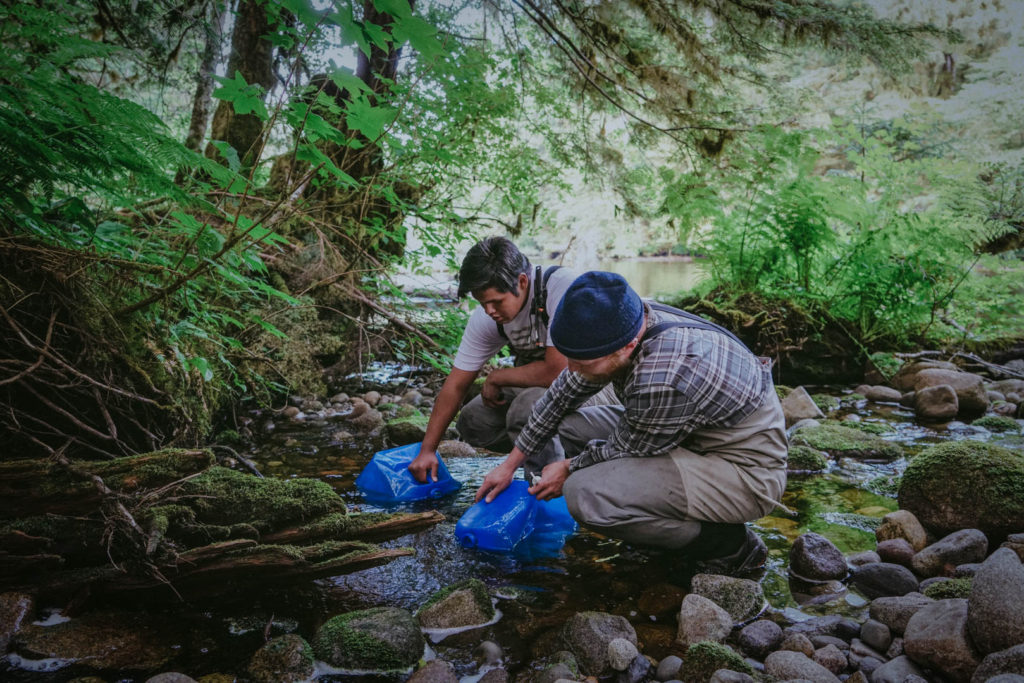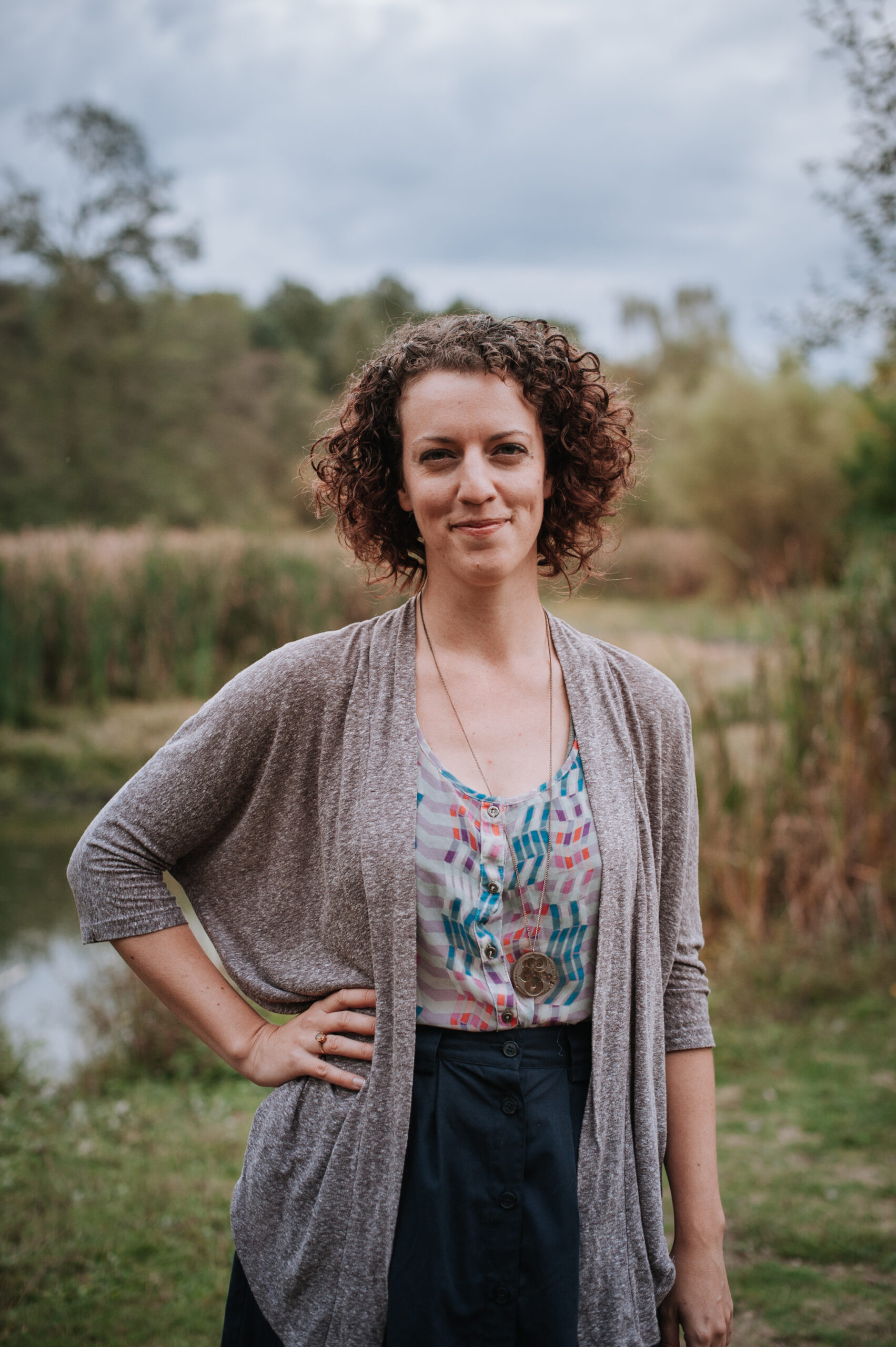The Festival of What Works is trying to save the world.
Launched last year, during the pandemic, The Festival of What Works is just what its name suggests: a collection of workshops, panels, and talks revealing the things people are doing to regenerate their communities and ecosystems — the things that work.
The festival is produced by Salmon Nation, the name of both the bioregion that extends along the west coast of North America, from Alaska down to California, as well as an organization working to protect this vibrant community.
“We have to change the systems–they are not working, they’re crumbling,” says Kel Moody, the Festivator (or organizer) of the festival. “And if we don’t have something to put in its place, then we don’t have anything… It’s hugely about protecting and saving, and even… regenerating the health of our ecosystems.”
The festival focuses on local solutions from what Moody calls edge communities, “which means basically like rural Indigenous and urban minority communities, and really like looking to those folks as the innovators, as the people that have the solutions and trying to lift those solutions up and put a spotlight on them.”
Highlights from this year’s festival include Non-Monetary Resources: Envisioning New Exchange, a panel that helps participants find new ways of exchanging resources in order to exit capitalism; Nature-Based Planning, a talk on how cities and architecture can be planned using the principles that have worked for millennia — those of nature; and How to Be An Elder, a panel where three elders, Indigenous and non-Indigenous discuss what it means to be an elder and hold wisdom in different spaces.

The topics range beyond simple environmentalism because some actions, like tree planting, aren’t enough.
“Capitalism, colonialism, racism, a lot of isms,” says Moody on the root issues The Festival of What Works is trying to address. “This idea that bigger, faster is better; stronger, the endless consumption; the idea that I’m the only person that matters.”
This year’s festival is a five-day online gathering that focuses on replicable solutions that protect our land, water, and healthy ways of living that have already been implemented — that work.
“What we’re trying to do is encourage that connection to place,” says Moody, “To encourage that kind of feeling of living well in place, and looking after your home and you know we want to start with our home.”
The hope is that attendees of the Festival of What Works will walk away with inspiration, ideas, and encouragement to combat the weight of existential dread and hopelessness that hangs over anyone paying attention. More than that, Moody hopes that people might feel like they can contribute their own ideas and start making changes in their own communities.
“What really works, is a lot of these small initiatives with shockingly small amounts of resources,” says Moody.
“Seeing this kind of collection of all this work that people are doing and feeling like, gosh, I can add my part of what I can contribute to this and will make an impact because it’s part of a larger whole.”
The Festival of What Works runs November 2-7 online and operates on a pay-what-you-can model where ticket prices help pay honoraria for speakers and performers.




